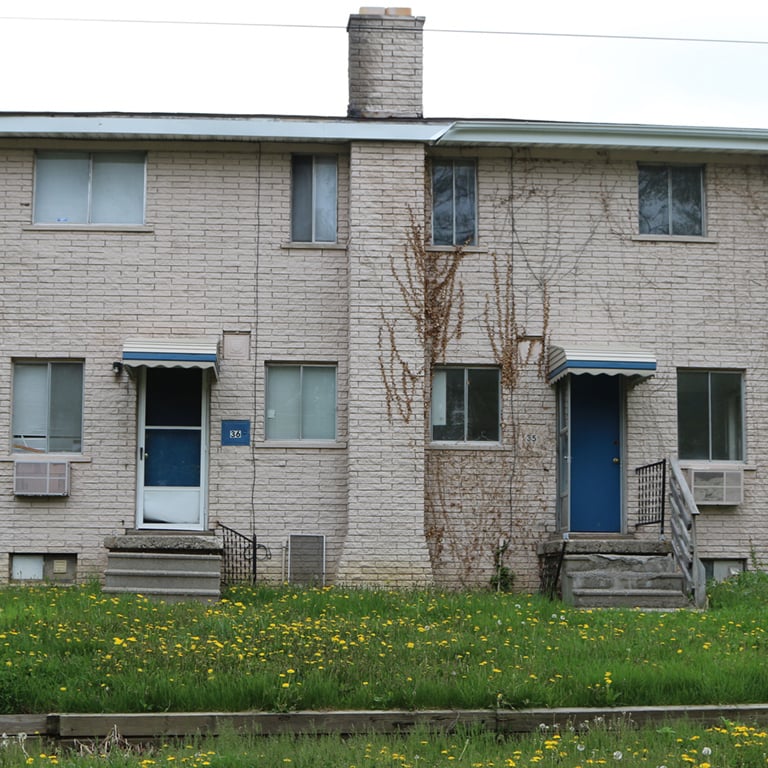CoreLogic October Home Price Index Grows More Slowly
December 4, 2018 by Paul AusickU.S. home prices rose 5.4% in October compared with the same month a year ago, according to data from research firm CoreLogic released Tuesday in the firm’s Home Price Insights monthly report. The data include sales of distressed properties.
Home prices rose 5.6% year over year and 0.4% month over month in September. The October index increase represents the slowest year-over-year growth in home prices since January 2017.
Month over month, October prices rose 0.5%, including distressed home sales. CoreLogic expects housing prices to rise by 4.8% year over year in October 2019 and to drop by 0.7% month-over-month in November 2018.
Since the housing market bottomed out in March 2011, the CoreLogic index has risen by 57.8%. As of October, home prices were 5.8% higher than they were at the April 2006 pre-crash peak. Adjusted for inflation, however, home prices were 13.5% below the April 2006 peak.
CEO Frank Martell noted:
Rising prices and interest rates have reduced home buyer activity and led to a gradual slowing in appreciation. October’s mortgage rates were the highest in seven and a half years, eroding buyer affordability. Despite higher interest rates, many renters view a home purchase as a way to build wealth through home-equity growth, especially in areas where rents are rising quickly. These include the Phoenix, Las Vegas and Orlando metro areas, where the CoreLogic Single-Family Rent Index rose 6 percent or more during the last 12 months.
Chief Economist Frank Nothaft added:
Homeownership remains an important part of the American dream. Our research found that being a homeowner makes consumers feel safe in their homes. Renters really want something to call their own. However, until affordability comes back into balance, renters will have a hard time purchasing a home.
Including distressed sales, home prices rose the most year over year in Nevada (12.8%) and Idaho (11.9%).
Through September, 35% of the top 100 metropolitan areas were overvalued, 24% were undervalued and 41% were at value. When looking at only the top 50 markets based on housing stock, about 44% were overvalued, 16% were undervalued and 41% were at value. CoreLogic defines an overvalued housing market as one in which home prices are at least 10% higher than the long-term, sustainable level, while an undervalued housing market is one in which home prices are at least 10% below the sustainable level.
Among U.S. metro areas, Las Vegas has posted the largest year-over-year index gain, up 12.6%. Seattle was up 8.3%, with Denver (7.1%), Los Angeles (5.9%) and Boston (4.9%) rounding out the top five.
See CoreLogic’s October report for more detail.
Sponsored: Want to Retire Early? Here’s a Great First Step
Want retirement to come a few years earlier than you’d planned? Or are you ready to retire now, but want an extra set of eyes on your finances?
Now you can speak with up to 3 financial experts in your area for FREE. By simply clicking here you can begin to match with financial professionals who can help you build your plan to retire early. And the best part? The first conversation with them is free.
Click here to match with up to 3 financial pros who would be excited to help you make financial decisions.
 24/7 Wall St.
24/7 Wall St.